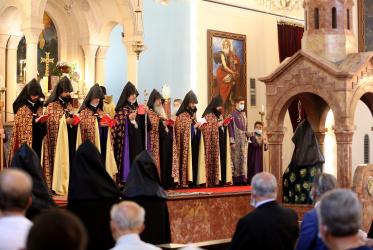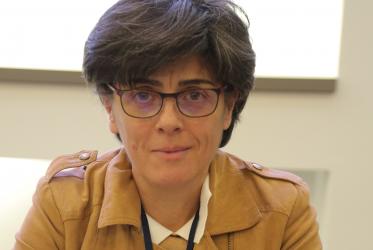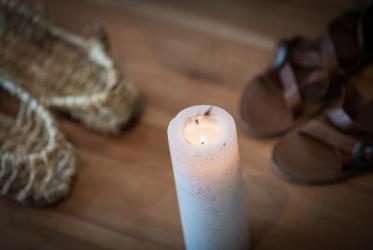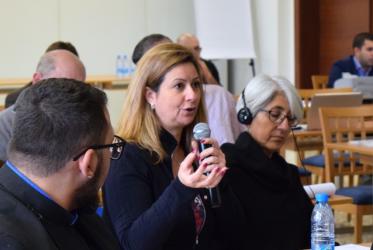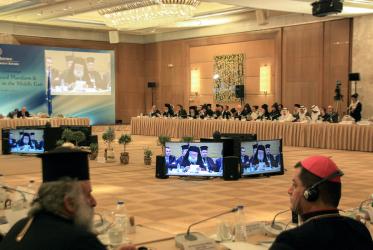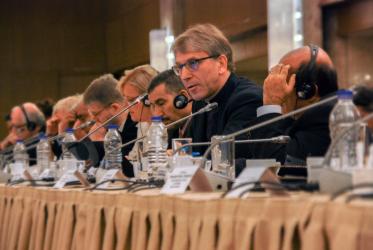Displaying 1 - 20 of 26
In Lebanon, “without peace there is no justice”
21 July 2021
Hope prevails in times of crisis in Lebanon
14 September 2020
International youth meeting to be convened in Beirut
20 March 2019
A moment in ‘Time’: an interreligious vision in Erlangen
20 December 2018
“Love will find a way”
23 August 2018
Christian and Muslim promote spiritual solidarity
14 June 2017
In Lebanon, refugees face hardship - but find hope
16 March 2017
Churches’ diaconal action in the Middle East analyzed
01 December 2016
WCC Executive Committee works toward a future of peace and justice
19 November 2015
Common prayer in Geneva responds to acts of violence
16 November 2015
International conference addresses challenges in the Middle East
22 October 2015
Local and global work saves lives
22 October 2015


